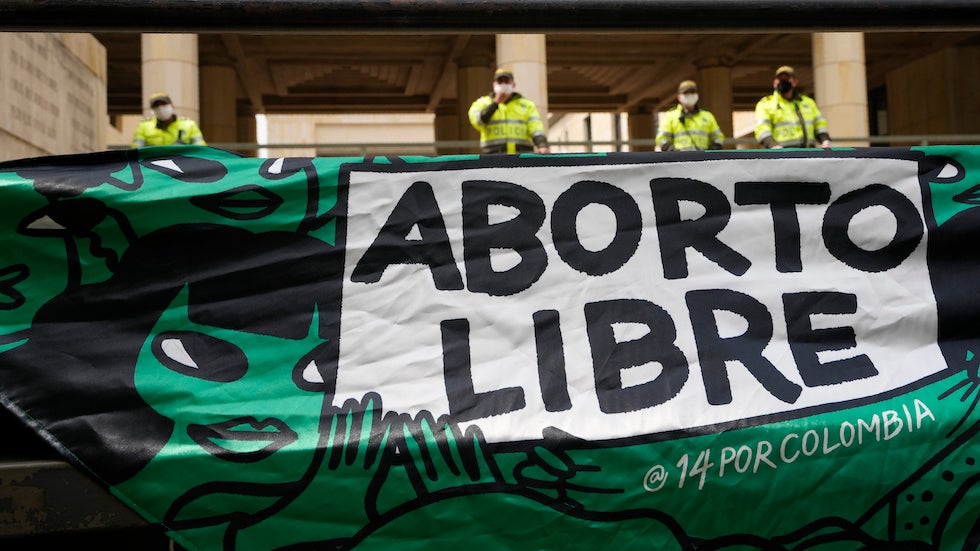Colombia allowed women abortion in the ‘historical move’, teleSUR reports on Tuesday. The Latin American country becomes the third where abortion is legalized now, after Ecuador and Mexico. The decision was backed by five of nine judges of the top court.
In Colombia, abortion was partially legalised under a 2006 court decision which allowed it only in cases of rape, fetal deformity and health of the woman, without any time limits. On Monday, judges in Colombia’s constitutional court voted to legalize abortion until 24 weeks of gestation.
“The practice of abortion will only be punishable when it is conducted after the 24th week of gestation and, in all cases, this time limit will not apply to the three conditions laid out in Ruling C-355 of 2006,” the court said in a statement.
For thousands of pro-abortion activists, the decision became a victory, now, the procedure was removed from the penal code. Thus, Colombia was added to a list of Latin American countries that have recently liberalised abortion access, including Mexico and Ecuador.
Commenting on the Court’s move, Bogota mayor Claudia Lopez wrote on Twitter that after the right to suffrage, this is the most important historic achievement, “for the life, autonomy and full and equal realisation of women”.
Colombia women hail Court’s decision

Since Monday, Colombian women will not be prosecuted for seeking abortions up to 24 weeks of gestation, after which the procedure will only be allowed under the original three conditions.
Congress and the national government must urgently implement policies to protect the rights of pregnant women, the court’s statement added, including family planning services, eliminating obstacles to abortion care and help with adoptions.
The Causa Justa coalition, which sued for decriminalisation in September 2020, estimates about 90 per cent of abortions in the country take place clandestinely, putting women’s lives at risk as they seek dangerous alternatives to seeing a doctor.
